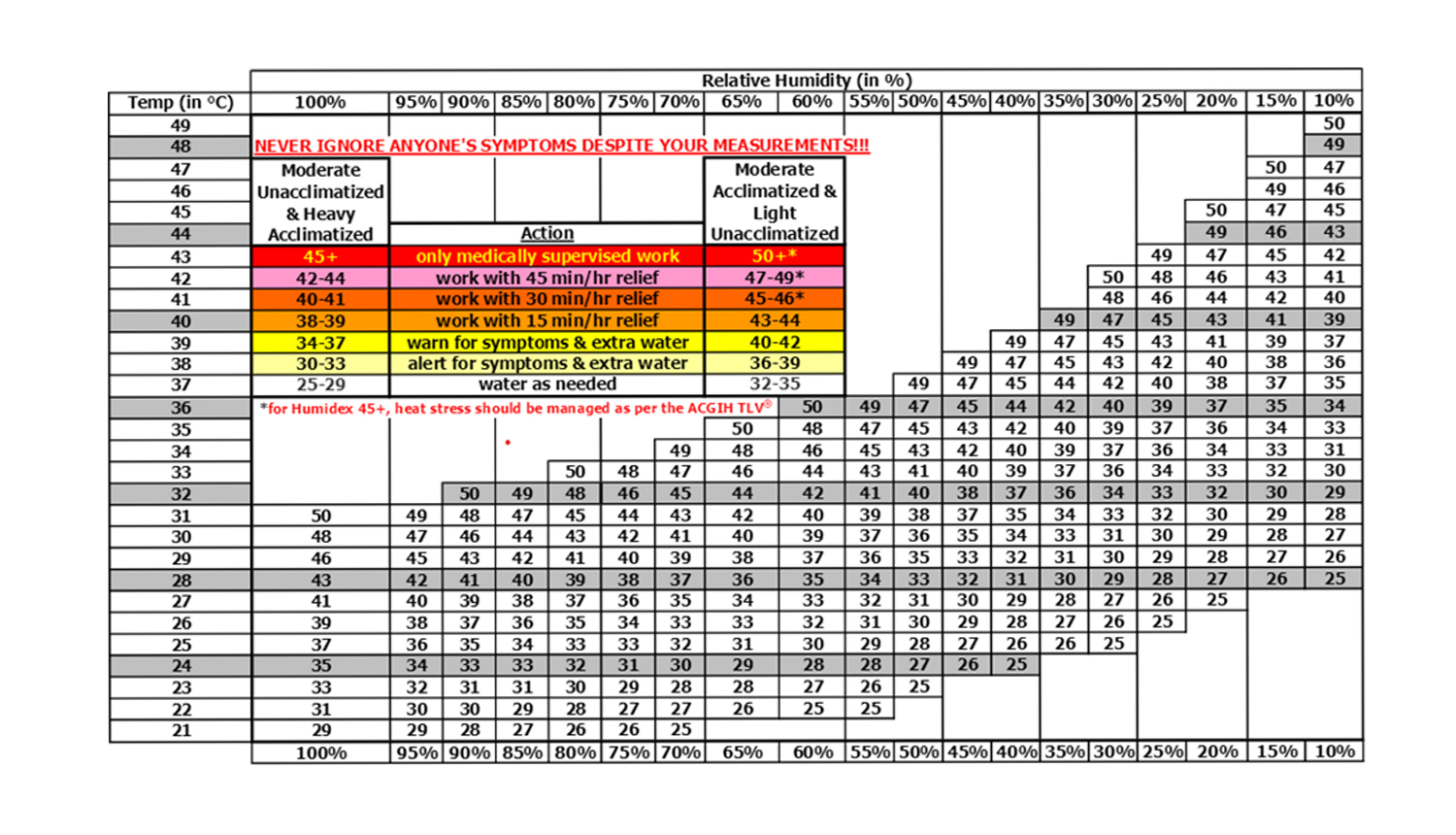Strike averted as slim majority of members vote to accept revised offer
April 28, 2022
A strike by members of AEA/GSU Local 8 at Advance Tank Production/Advance Tank Centres in Regina is not occurring on April 28 as planned.
On the afternoon of April 27 a very slim majority of Local 8 members (53 percent) voted to accept a revised offer from the employer. As a result, settlement of a new collective agreement was reached and notice of strike action that was to take effect the following morning was withdrawn.
Key sticking points in the bargaining dispute were retroactivity of a wage increase to Nov. 1, 2021 and the amount of the wage increases.
The offer that lead to the settlement was received from the employer during the afternoon of April 27 and provides for an across-the-board wage increase of 3 percent effective May 1, 2022 with payment of the equivalent of 3 percent retroactive pay for the period Nov. 1, 2021 to April 30, 2022. A second across-the-board wage increase of 3 percent will apply effective April 30, 2023. The new collective agreement will expire on April 27, 2024.
“This round of bargaining went right to the brink,” said Local president Doug Murray. “Members stood strong and united in their determination to make significant changes to the employer’s position and two so-called final offers were rejected before the settlement was reached.”
“When push came to shove, the members’ succeeded,” Murray said. “The new collective agreement document will be drawn up in the near future.”
Bargaining resumes with mediators as GSU Local 8 (AEA) members authorize strike action
Tuesday Members Memo – April 19, 2022
On April 12 members of Local 8 voted overwhelmingly in favour of authorizing strike action in the collective bargaining dispute with their employer when 92 percent of the Local’s members cast ballots and 98 percent of those voting authorized the executive committee of the Local to call strike action. In the aftermath of the vote, the employer was invited to return to the bargaining table.
“The April 25 bargaining meeting was arranged by the mediator after talking with representatives from both sides,” said GSU general secretary Hugh Wagner. “I had previously informed the Company that union members had overwhelmingly approved strike action and I invited management to resume bargaining.”
“Local 8’s executive committee will hold off on implementing a call to strike in order to give the mediation process a reasonable amount of time. Strike action by union members or a lockout by the employer can commence following 48 hours’ notice to the other side,” Wagner said.
Union executive holds off implementing strike action as bargaining resumes
April 14, 2022
Agreement renewal bargaining between AEA/GSU Local 8 and Advance Tank Production/Advance Tank Centres will resume on April 25 with the assistance of a provincial mediator.
On April 12 members of Local 8 voted overwhelmingly in favour of authorizing strike action in the collective bargaining dispute with their employer when 92 percent of the Local’s members cast ballots and 98 percent of those voting authorized the executive committee of the Local to call strike action. In the aftermath of the vote, the employer has been invited to return to the bargaining table.
“The April 25 bargaining meeting was arranged by the mediator after talking with representatives from both sides,” said GSU general secretary Hugh Wagner. “I had previously informed the Company that union members had overwhelmingly approved strike action and I invited management to resume bargaining.”
“Local 8’s executive committee will hold off on implementing a call to strike in order to give the mediation process a reasonable amount of time. Strike action by union members or a lockout by the employer can commence following 48 hours’ notice to the other side,” Wagner said.
Further updates will be issued as matters unfold.
Local 8 members vote, authorize strike action
April 13, 2022
Members of AEA/GSU Local 8 have voted overwhelmingly in favour of authorizing strike action in their collective bargaining dispute with Advance Tank Production/Advance Tank Centres.
A special membership meeting to receive a bargaining report from the union executive committee and vote on the question of strike action was held at the Uplands Community Centre in Regina on Tuesday, April 12.
Ninety-two percent of the Local’s members cast ballots and 98 percent of those voting authorized the executive committee of the Local to call strike action. In the aftermath of the vote, the employer has been invited to return to the bargaining table.
“The members have spoken and the way forward is clear,” said AEA/GSU Local 8 president, Doug Murray.
If an acceptable settlement isn’t achieved in a reasonable amount of time, strike action by union members or a lockout by the employer can commence following 48 hours’ notice to the other side.
GSU Defense Fund directors meet, approve strike/lockout pay for Local 8 (AEA) members
Tuesday Members Memo – April 5, 2022
The board of directors of GSU’s Defense Fund met April 5 to authorize steps necessary to support members of AEA/GSU Local 8 in the event their bargaining dispute leads to strike or lockout action.
Directors unanimously approved strike/lockout pay of 75 percent of members’ regular hourly wages plus payment of the premiums necessary to continue group insurance coverage during a strike or lockout at Advance Tank Production/Advance Tank Centres in Regina. To be eligible for strike/lockout pay, union members must be active participants in the actions of the union such as refraining from working for the employer during the strike or lockout and picketing the workplace at the times and places set by the Local union executive committee.
The directors’ meeting also gave approval to administrative steps to ensure ease of funds transfers and documentation expenditures.
The GSU Defense Fund has assets in excess of $5.7 million and is administered by an elected board of directors.
Conciliation fails to bring about settlement
Tuesday Members’ Memo – March 29, 2022
The two sides couldn’t agree. Now a 14-day “cooling off period” will expire at midnight on April 7.
A membership meeting and vote is scheduled for April 12 and union and company representatives have agreed neither side will take action without warning until after the membership meeting has taken place.
AEA/GSU Local 8 conciliation rescheduled to March 23
Tuesday Members’ Memo – March 8, 2022
After the conciliator-requested postponement of the originally scheduled March 3 conciliation, GSU’s bargaining committee is preparing to meet employer representatives from Advance on March 23. If a settlement is not reached on March 23 it is likely the conciliator’s term of appointment will run out around March 28 or a little later.
Once the Minister of Labour and Workplace safety advises that the conciliator has reported out of the process, the bargaining impasse enters a 14-day cooling off period under the terms of the Saskatchewan Employment Act. If a settlement is not reached by the end of the cooling off period, strike or lockout action becomes legal. Members of Local 8 will meet before the end of the cooling off period to vote on their course of action.
When both sides last met, the union position on wage increases was at least three percent per year higher than the employer’s proposals over the life of a three-year agreement. The union committee will continue to push for wage increases in line with the current trends in the rising cost of living.
AEA/GSU Local 8 conciliation date to be rescheduled
Tuesday Members’ Memo – March 1, 2022
The March 3 conciliation meeting between AEA/GSU Local 8 and Advance has been postponed at the conciliator’s request. Union and management have provided alternative dates and it is hoped that a rescheduled meeting will be nailed down soon.
When both sides last met on Dec. 16, the union position on wage increases was at least three percent per year higher than the employer’s proposals over the life of a three-year agreement.
The union committee will continue to push for wage increases in line with the current trends in the rising cost of living.
Conciliation set for March 3
Tuesday Members’ Memo ~ Feb. 8, 2022
On Jan. 27, Saskatchewan’s Minister of Labour Relations and Workplace Safety appointed a conciliation officer who has 60 days to meet with the parties in an effort to settle the bargaining impasse between AEA/GSU Local 8 and Advance Tank Production Ltd. /Advance Tank Centres Ltd.
The conciliator was in touch with the parties and the first meeting date has been set for March 3.
“When we met management on December 16 the union position on wage increases was at least 3 percent per year higher over the life of a proposed three-year agreement,” Wagner said. “The union committee will continue to push for wage increases in line with the current trends in the rising cost of living.”
If a settlement is not reached on March 3, Local 8 could be well on its way to a strike or lockout since the conciliator’s term of appointment runs out on or about March 28 and the parties will be in a legal strike or lockout situation by early to mid-April.
Local 8 (AEA/GSU) awaiting appointment of conciliator
Tuesday Members’ Memo ~ Jan. 26, 2022
The AEA/GSU Local 8 bargaining is headed to conciliation and the union’s committee is waiting for Saskatchewan’s Minister of Labour Relations and Workplace Safety to appoint a conciliation officer. Once appointed, the conciliator will have 60 days to meet with the parties in an effort to settle the bargaining impasse between Local 8 and Advance Tank Production Ltd./Advance Tank Centres Ltd.
“When we meet with the employer and conciliator, the union bargaining committee will push hard to obtain across-the-board wage increases consistent with members’ concerns about the rising cost of living,” said GSU general secretary Hugh Wagner. “When both sides last met Dec. 16, we were apart at least three percent per year over the life of a proposed three-year agreement.”
The union served notice of a bargaining impasse on Jan. 14, 2022. It is anticipated a conciliator will be appointed in the next short while.
Bargaining Grinds to a halt, Local 8 (AEA/Advance) bargaining committee issues notice of impasse
Tuesday Members’ Memo – Jan. 18, 2022

Agreement renewal bargaining between AEA/GSU Local 8 and Advance Tank Production Ltd. /Advance Tank Centre Ltd. is headed to conciliation as the union has served notice of a bargaining impasse.
The notice of impasse was sent on behalf of AEA/GSU Local 8 to Saskatchewan’s Minister of Labour Relations and Workplace Safety on Jan. 14. It is anticipated the Minister will appoint a conciliation officer who will have 60 days to meet with the union and company bargaining committees in an effort to settle the bargaining impasse.
If the 60-day conciliation process doesn’t produce a settlement, and the conciliator reports out of the process, the parties enter a further seven- to 14-day cooling-off period following which strike or lockout action can legally occur.
Updates will be shared as they are available.










